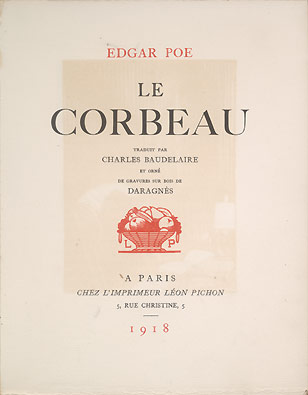On May 18th Amazon's news release revealed their new venture, AmazonCrossing. This new branch of the company is dedicated to publishing translated books. This goes hand in hand with their Kindle which has provided a great new way to read books. Reading this article reminded me of our initial translations attempts with the Bible. What I struggled with most was choosing the correct words to convey the sense that I received from those few short passages. Similarly, I imagine one of the greatest difficulties translating a novel is conveying the style of the writing while trying to stay true to the story. Nicholas Elliott, a translator that works with Amazon now says, "To be responsible for delivering someone's style--i.e. someone's voice-- to a new audience is daunting".When it comes down to it there definitely won't be a direct way to translate all metaphors or images into a different language while translating. This especially seems to be pertinent in the translation of poetry. Recently I read some Baudelaire poems, which others in the class might have as well if they are in Epic Journeys. Because Baudelaire wrote in French, I was able to roughly read the original poems next to their translations, which I believe were actually done by our professors and their colleagues. Though many of the ideas were translated well into English, the translations lacked a lot of the beauty of the original poems. However, at times this can also go the other way. Baudelaire brought Edgar Allan Poe fame through out France and European when he translated several of Poe's works into French. According to my IHum professor, though English speakers consider Poe a good writer and poet, he is much more highly acclaimed in France. I think this comes down to his translator, Baudelaire. Obviously translation can go either way and despite the risk of bad translations, I think Amazon's new venture will actually be quite successful. For the critics who complain about technology destroying language through text, IM, and email, this is the other side. I believe these translations falls under the benefits-of-technological-advances category. As the world grows and there is more talk of globalization and a global culture, I think small advances like this emphasis on foreign novels is one of the most positive aspects. Though it seems trivial, I think fiction books can reveal the culture of foreign countries very accurately. This can only benefit monolingual English as these books subtly tutor them in other cultures and traditions.
Subscribe to:
Post Comments (Atom)


Translation is such as tricky process. In my opinion, I think it's best to have writers do the translations; that way it won't become a mechanic word-for-word translation but rather a fluid transition between the languages. There's no way to perfectly preserve the text's meaning, but by preserving literary elements in a slightly different way to fit English, for example, I think the reader gains more from the text. The problem I see is that translators don't receive the prestige they deserve; i doubt many writers would volunteer to make a career of translating, although on its own, it does require great skill to be done well.
ReplyDelete